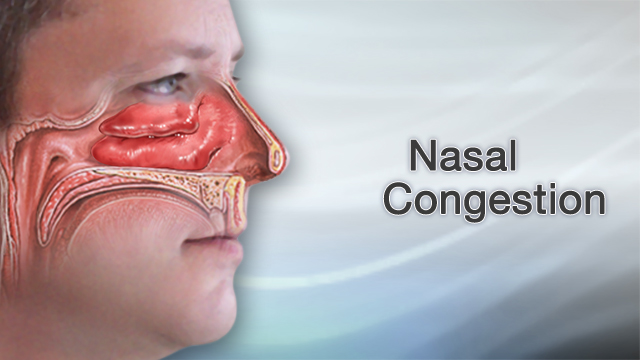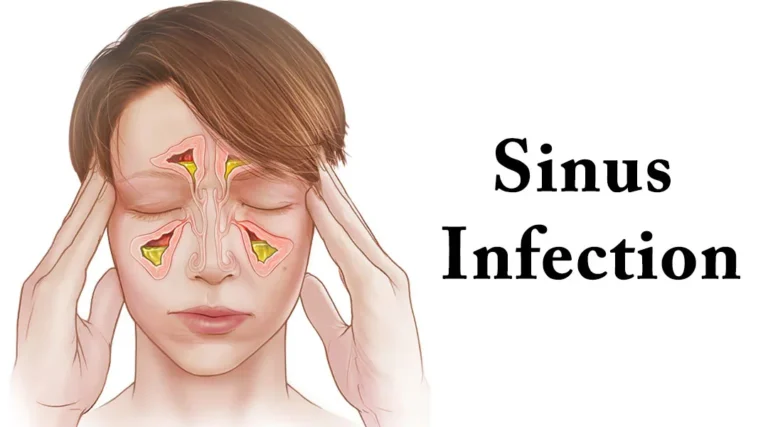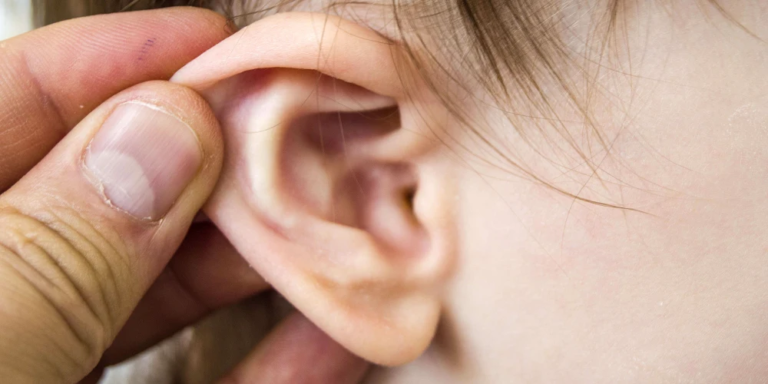
A blocked or stuffy nose can be annoying, frustrating, and even exhausting—especially when it never seems to go away. If you often find yourself breathing through your mouth, struggling to sleep at night, or constantly reaching for tissues, you might be wondering: Why is my nose always blocked?
Stuffily nose is not only a simple discomfort, it may influence your sleep, concentration, and the general quality of life. And most often it is the indication of some hidden problem that can require medical care.
Let’s explore the most common causes of nasal congestion, how to identify what’s going on, and when it’s time to see an ENT (Ear, Nose, and Throat) specialist.
Common Causes of a Persistent Blocked Nose
1. Allergic Rhinitis (Nasal Allergies)
Allergies are ranked as being among the commonly spread causes of a stuffy nose. When your body reacts to dust, pollen, pet dander or mold, your body then reacts and produces histamines which then inflame the nasal tissues and clog them.
Symptoms:
- Sneezing
- Runny nose
- Itchy eyes or throat
- Congestion that worsens during certain seasons or around pets
Solution:
Over-the-counter antihistamines or nasal sprays can help. In some cases, an allergy test and long-term allergy management plan from an ENT or allergist may be necessary.
2. Deviated Nasal Septum
The wall separating your nose into two sides is called the nasal septum. When it is deviated or crooked, as many are born that way, it may limit the amount of air passage in one or both nostrils.
Symptoms:
- One-sided nasal blockage
- Trouble breathing at night
- Snoring or noisy breathing
Solution:
A deviated septum often requires a minor surgical procedure called a septoplasty to straighten the septum and restore proper airflow.
3. Chronic Sinusitis (Long-Term Sinus Infections)
If your nasal passages and sinuses stay swollen and inflamed for more than 12 weeks, it may be chronic sinusitis. This condition can make your nose feel blocked all the time.
Symptoms:
- Facial pressure or pain
- Post-nasal drip (mucus dripping down your throat)
- Reduced sense of smell
- Fatigue
Solution:
It is normally treated with prescription nasal sprays, antibiotics, or saline irrigation. An ENT doctor may suggest a CT scan and endoscopic sinus surgery in more difficult cases.
4. Nasal Polyps
These are soft, painless, non-cancerous growths that develop in the lining of your nasal passages or sinuses. Although small polyps may not cause problems, larger ones can block your nasal airway.
Symptoms:
- Persistent nasal congestion
- Reduced or lost sense of smell
- Frequent sinus infections
- Mouth breathing
Solution:
Polyps can be reduced by using nasal corticosteroids or other drugs. In certain instances, surgical removal can be required particularly when they continue to regrow.
5. Environmental Irritants
Constant exposure to cigarette smoke, air pollution, cleaning chemicals, or strong perfumes can irritate your nasal lining and cause chronic congestion.
Solution:
Identify and avoid triggers. Using a HEPA filter, humidifier, or nasal saline spray may help reduce irritation and keep your nasal passages clear.
6. Hormonal Changes
Certain hormone fluctuations—especially during pregnancy, menstruation, or thyroid imbalances—can cause nasal tissues to swell and lead to nasal congestion.
Solution:
If you suspect hormonal changes are the cause, it’s best to discuss your symptoms with your doctor. Treatment will vary based on the underlying condition.
7. Cold or Flu
If your nasal congestion is short-term and came with a sore throat, fever, or body aches, it’s probably caused by a viral infection.
Solution:
Most colds clear up within 7–10 days. Rest, hydration, and saline sprays can ease symptoms. If your blocked nose lingers for more than two weeks, it might be something else.
When to See an ENT Specialist
You should consult an ENT specialist if:
- Your nose feels blocked for more than 3 weeks
- You have frequent sinus infections or facial pressure
- Over-the-counter treatments don’t help
- You’re experiencing one-sided nasal blockage
- You’ve lost your sense of smell
- You have sleep disturbances due to nasal congestion
An ENT doctor can perform a detailed nasal exam, recommend imaging (like a sinus CT scan), and suggest personalized treatment—whether it’s medication, surgery, or allergy testing.
At-Home Tips for Nasal Relief
While waiting to see a doctor or for temporary relief, try:
- Steam inhalation to open nasal passages
- Saline nasal spray to flush out allergens and mucus
- Elevating your head during sleep
- Using a humidifier to prevent dryness
- Avoiding known irritants, like smoke or strong fragrances
Final Thoughts
A constantly stuffy nose is not only a nuisance, but may be the indication of a primary disease that should be attended to. Be it allergies, structural problems or chronic sinus infections, you do not have to live with nasal congestion.
An ENT doctor like Dr. Manasi Mehra can assist in finding the actual cause of your stuffy nose and point you in the direction of permanent sinus relief.






